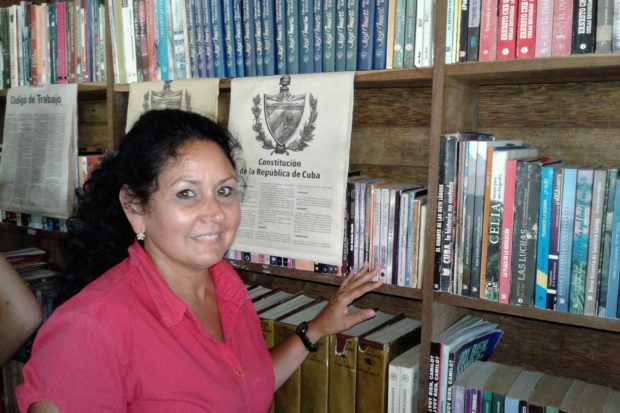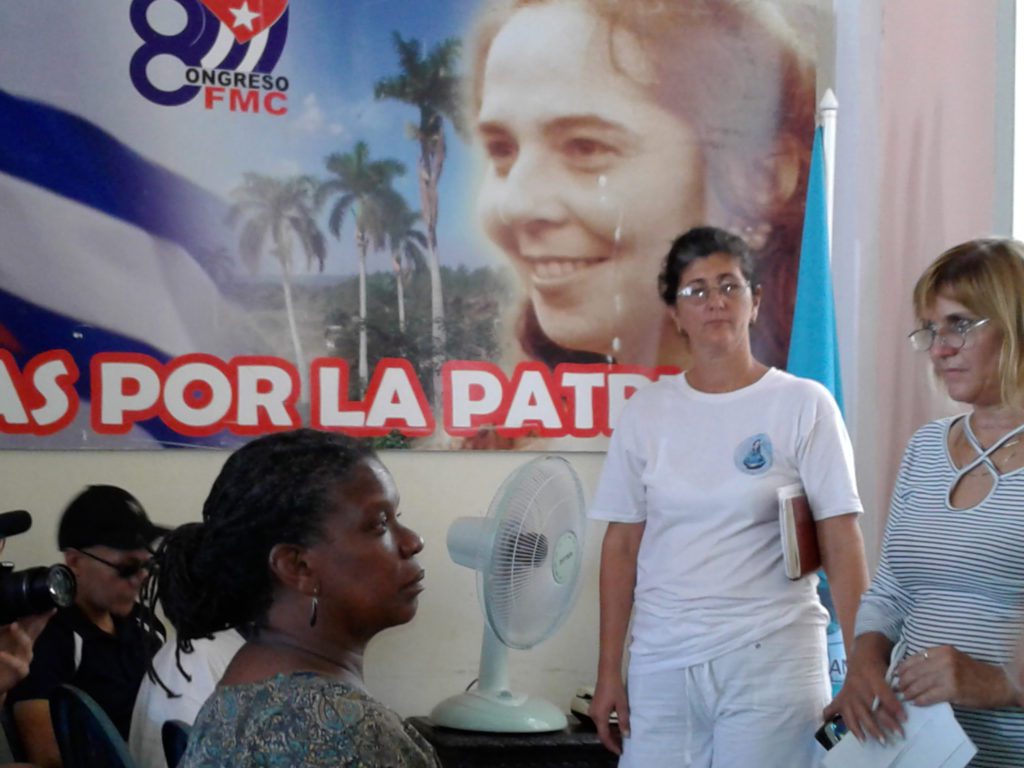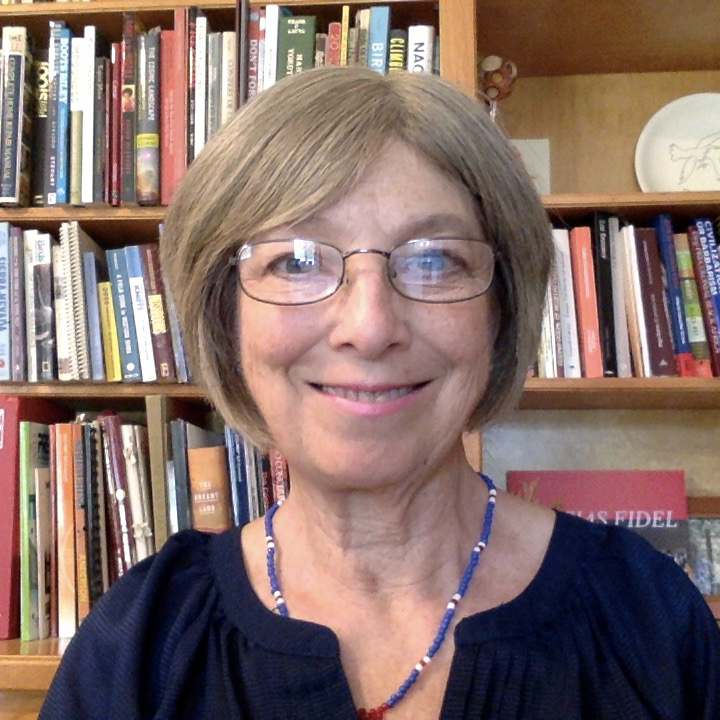

CEDAW is the Convention on the Elimination of All Forms of Discrimination Against Women, an international treaty adopted in 1979 by the UN General Assembly. It is an international bill of human rights for women, including the right to sexual and reproductive health.
CEDAW has been signed and ratified by 189 countries, but the United States has never ratified it. There are only five other countries and the Vatican that have not acceded to this agreement. The most recent signatory was South Sudan in 2015.
The Committee on the Elimination of Discrimination Against Women oversees CEDAW and is often also called by these initials, although it probably should be called the CEDAW Committee. The CEDAW Committee closed its 82nd session on July 1 and issued a statement that highlighted: “Women’s access to safe and legal abortion: urgent call for the United States of America to adhere to the Convention.
“The right to health under article 12 of the CEDAW Convention includes the right to bodily autonomy and encompasses women’s and girls’ sexual and reproductive freedom. In addition, article 16 (e) protects women’s rights to decide freely and responsibly on the number and spacing of their children and to have access to the information, education and means to enable them to exercise these rights.”
In that regard, the committee endorsed the statement by the High Commissioner for Human Rights, Michelle Bachelet, that “access to reproductive rights is at the core of women and girls’ autonomy, and ability to make their own choices about their bodies and lives, free of discrimination, violence and coercion.”
Given the recent decision of the U.S. Supreme Court in Dobbs v. Jackson Women’s Health Organization striking down Roe v. Wade, a near half century of legal precedent that had protected women’s right to choose to have an abortion, the committee expressed its solidarity with women and girls in the United States and urged the United States to adhere to the Convention.
The CEDAW Committee, which monitors countries’ compliance with CEDAW, is made up of 23 members who are independent human rights experts from around the world. During this session, Dr. Yanila Gonzalez Ferrer, the Cuban candidate, was elected with 143 votes—the highest vote total recorded—to CEDAW.
This was due to Ferrer’s personal qualifications as a distinguished legal expert. She is vice-president of the National Union of Cuban Jurists, a professor at the University of Havana and a member of the Federation of Cuban Women. Moreover, she is a leading member of the Drafting Commission of the Families Code.
It also is a reflection of Cuba’s work as a leader in women’s rights. Cuba was the first country to sign and the second to ratify CEDAW. Cuban leader Esther Vélez was involved in the drawing up and negotiations of CEDAW and was elected to the first and second committees.
Cuba has a historic presence in the CEDAW Committee. Even more, Cuba has maintained a commitment to the advancement of real, effective equality for women, beginning with the triumph of the Revolution in 1959, so that by the time CEDAW was approved at the end of 1979, Cuba had 20 years of experience in attempting to end discrimination against women, including organization of the Federation of Cuban Women in 1960 and the Family Code of 1975, an advanced document for its time.
In 1965, Cuba legalized abortion, becoming the first country in the Western Hemisphere to allow women autonomy over their own bodies. Women (and men) have the right to six weeks maternity/parental leave before giving birth and three months afterward at full salary, with another nine months available at 60% salary and with the right to return automatically to one’s job at the end of the year.
Equal pay for equal work is the law. Cuba’s parliament (Asamblea Nacional de Poder Popular) has slightly more than 53% women delegates. Women represent about 67% of educational professionals, more than 70% of judges and district attorney equivalents, 62% of doctors and more than half of all scientists.
Cuba is currently updating its entire legal structure of family law in the Families Code—families plural because it establishes rights not recognized until now in the legal system, including the protection of the right of all people of any gender to form a family without discrimination, updating the legal definition of family institutions with inclusive rather than strictly heteronormative models.
Some parts of these reforms are controversial for conservative elements in Cuba, but the right to abortion is not under attack. When the Families Code goes to referendum, it is expected to pass by a large majority. Cuba is advancing the rights not only of women but of all people.
Failure to ratify CEDAW, failure to pass the ERA (Equal Rights Amendment), no legal support for parental leave and an ultra-right-wing Supreme Court that eliminates the fundamental human right of body autonomy leads us to the clear conclusion that those who rule the United States are hostile to women’s rights, and the rights of all people. In other words, hostile to human rights.

